huinanxian specialty
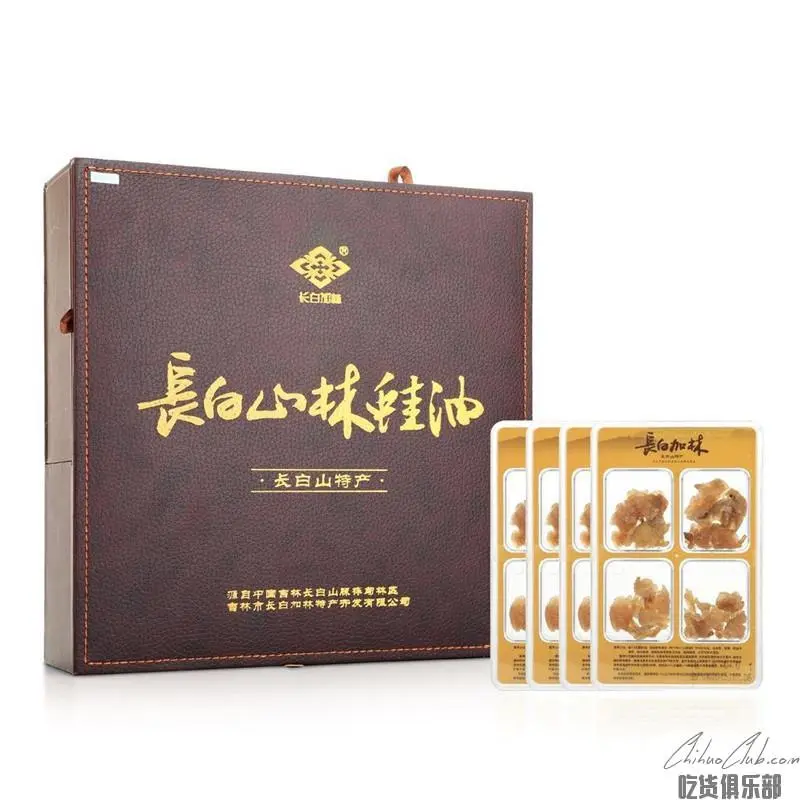
The dry fallopian tube of the Chinese frog female frog in Changbai Mountain is called Chinese Rana oil, also known as Oviduetus Ranae. It is commonly known as frog oil, Hash oyster sauce, oyster oil, and hawthorn oil. It was collected in 1985. In the "Pharmacopoeia of the People's Republic of China".

Mountain grape wine has a long history. In the Ming Dynasty Li Shizhen's "Materia Medica Steel", it was recorded: "Mountain wine warms the kidney and the kidney is color-resistant."
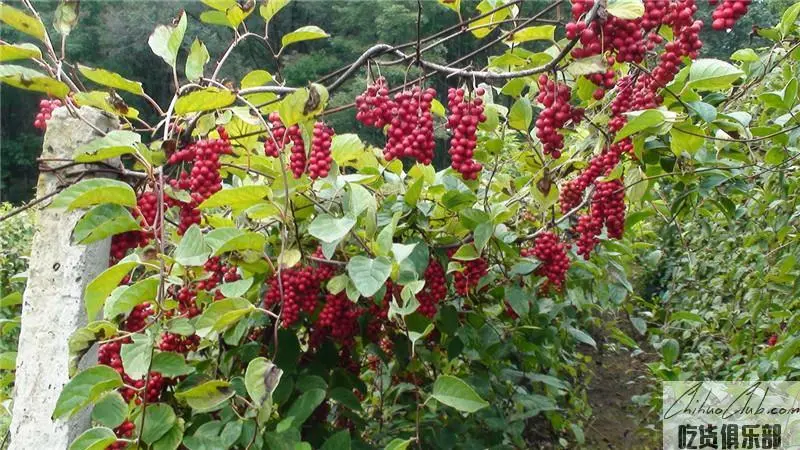
Schisandra was first seen in the name of "菋, stem 蕏", and it was first seen in "Erya". It was named because of the hardness of the skin and the acidity of the nucleus. Medicinal is contained in the "Shen Nong's Herbal Classic" and is listed as the top grade. There are about 14 kinds of medicinal herbs of Schisandra, but the efficacy varies greatly. Tao Hongjing said in the "Materia Medica Collection": "The first out of Korea (now Changbai Mountain area and eastern Liaoning Province), meaty and sweet, second out of Qingzhou Zhangzhou, tastes sour, its nuclear is like pig kidney. Li Shizhen in In the Compendium of Materia Medica, the Schisandra is divided into the north and the south, which means: "Five flavors have the distinction between the north and the south, the southern producers are red, the northern producers are black, and the tonics must be used in the north." The above records indicate the main producing area Changbaishan Schisandra It is the top product of Schisandra, which is the same as the current medicinal Schisandra. Since the founding of the People's Republic of China, all versions of the Pharmacopoeia of the People's Republic of China have been included.
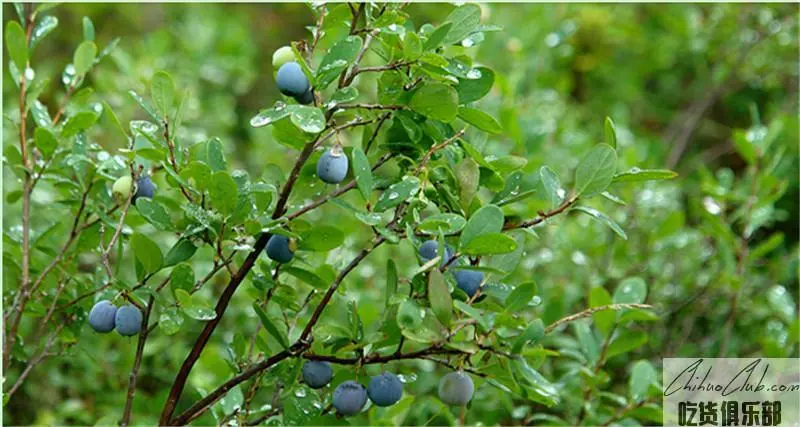
Blueberry grows in the plateau between 700-2100 meters above sea level in Changbai Mountain. It is rich in amino acids, vitamins and trace elements such as zinc, calcium, iron and copper. Therefore, it is known as the "king of the world fruit".

The pine flower bud is made from the pine flower stone produced in the Changbai Mountain area of Jilin. The use of loose stone stone began in the late Ming Dynasty and was admired in the Qing Dynasty. Songhua 砚 is warm and jealous, green and flawless, firm and thin, color is tender and pure, slippery and irresistible to ink, 涩 涩 , , , , , , , , , , 松 松 松 松 松 松 松 松 松 松 松 松 松 松 松 松 松 松 松 松 松 松 松Emperor Kangxi appreciates Songhuayu, and seals it as “Yuyu”. It has been exclusively used by the court, and praised Songhuayu: “Shougu and quality, green and clear, and ink-free, so its treasure.

Songhua Stone is a unique ornamental stone with distinctive regional characteristics produced in the southeastern part of Jilin Province. For many years, Songhua Stone has its unique warm and moist like jade, green and flawless, firm and fine, with tender and pure characteristics and vivid and varied. The magical shape of the awe-inspiring work is deeply loved by the collectors of the Qing Dynasty and loved by the people of the modern collection. It is hailed as "a noble aristocratic woman stone and a treasure in the stone". Qing Emperor Qianlong, contemporary Buddhist master Zhao Puchu, and calligraphy and painting have all inscriptions, praised Songhua Stone.
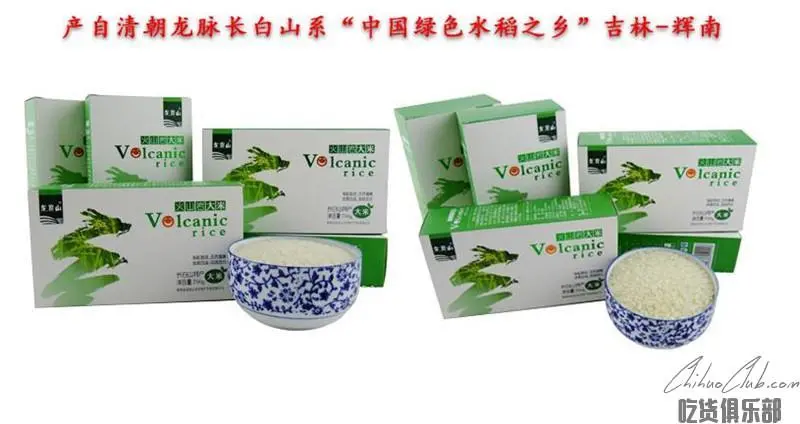
Huinan rice is delicious and long-lasting. With its unique quality and sweet taste, Huinan Rice was once selected as the party's "Thirteenth National Congress" special rice, and was recognized by the party and state leaders. In 2006, Huinan Rice was selected by the State Council Organs Administration Bureau as the central authority for rice, and the fragrance floated in the South China Sea. And it was rated as “Jilin Province Reassuring Rice” by the People's Government of Jilin Province.



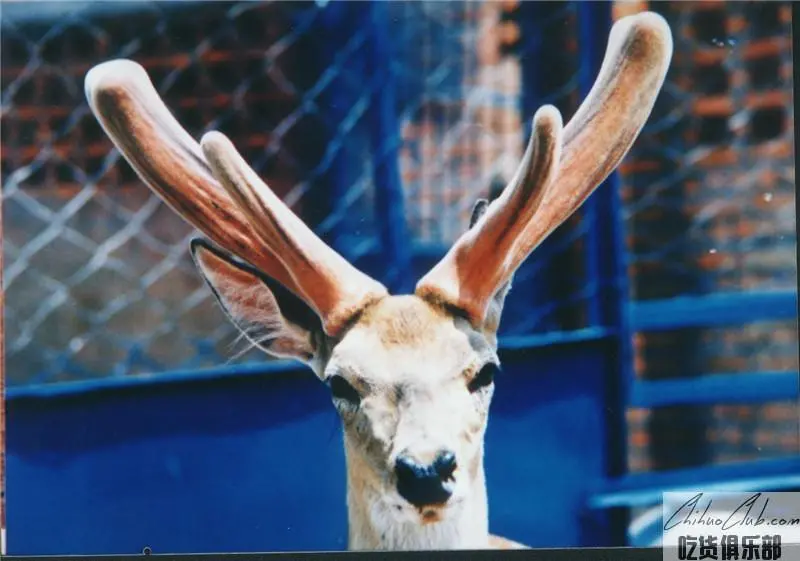
"Compendium of Materia Medica" said that velvet antler can "refine the marrow, nourish the blood and strengthen the yang, strengthen the muscles and strengthen the bones, cure all the damage, dark ears, dizziness and vain." In addition, "Famous Doctors", "Meng Xi Bi Tan", "Pharmaceutical Theory", "Materia Medica" and other works are discussed, and gradually extended to whip, tendons, blood, tail, tire, strip, angle, etc. Part of the medicine.

The Changbai Mountain area in Jilin Province mainly contains basalt-type pore fissure water, clastic rock pore fissure confined water, carbonate karst fissure water and bedrock fissure water, and the groundwater type closely related to the formation and occurrence of mineral water. It is the basalt-type pore fissure water and clastic rock pore fissure water. The formation and occurrence of carbonated mineral water is related to the carbonate karst cave fissure water.
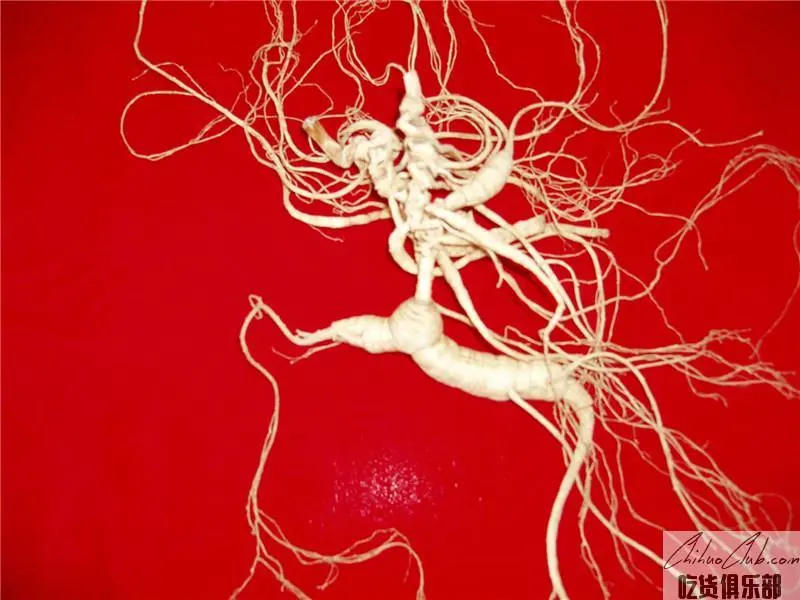
Jilin Changbai Mountain ginseng, Jilin Province specialty, ginseng is Wujiake, Panax species, commonly referred to as ginseng refers to its dry roots. The wild ginseng of Changbai Mountain in Jilin Province is characterized by its beautiful shape and hard texture. The section of the skin is cracked and the formation is obvious. The gas is slightly fragrant, the taste is slightly bitter and it is known as the treasure of ginseng. The long whites of Jilin participated in the magical effect of “complementing the five internal organs, the spirit of the spirit, the soul of the soul, the evil spirits, the horror, the eyesight, the happiness, the long-term service, the long-term service, the long-term service, the long-term service, the eternal ginseng. It is the first of the three treasures on Changbai Mountain.